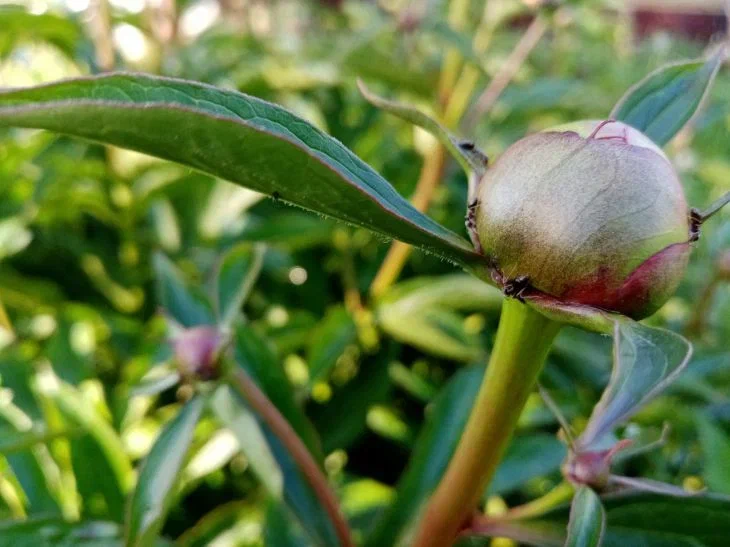A tiny creature like an aphid can cause significant damage to your garden.
Despite its size, this pest is distinguished by its amazing gluttony and fertility, which makes it a real threat to many plants, says Anastasia Kovrizhnykh, an expert of the online publication BelNovosti, an agronomist and landscape designer.
Moreover, aphids are able to “enlist the support” of ants, which makes the fight against them even more difficult.

Which plants suffer from aphids
Aphids are a “universal” pest, and this is because they affect almost all types of crops.
Plants in the garden suffer from aphids: apple trees, pear trees, cherries, plum trees and many other fruit trees.
The pest also causes damage to vegetable crops: tomatoes, cucumbers, eggplants and peppers.
There is no protection against aphids in ornamental trees and shrubs: bird cherry, viburnum, lilac, etc. All of them can become victims of this pest.
With the same appetite, aphids also feast on many flowers, which you yourself may have witnessed.
Prevention: How to Protect Crops from Aphids
To minimize the risk of aphids appearing in the garden, it is necessary to follow several simple but effective preventive measures.
Adjust planting density
Avoid dense plantings, as this creates favorable conditions for the spread of aphids.
Fight ants
These insects can act as “defenders” of aphids, so it is important to take timely measures to destroy them.
Feed plants in moderation
Avoid over-fertilizing, especially with nitrogen, as this will encourage the formation of soft shoots and leaves, which will attract aphids.
Go out regularly to weed
Remove weeds from the beds, between rows and around tree trunks to avoid leaving a hiding place for pests.
Remove fallen leaves
Remove fallen leaves promptly, as they can serve as a habitat for aphids and other pests.
Check the plants
Regularly inspect your crops and take action at the first sign of aphid infestation. You can treat them with insecticides or opt for folk remedies.

